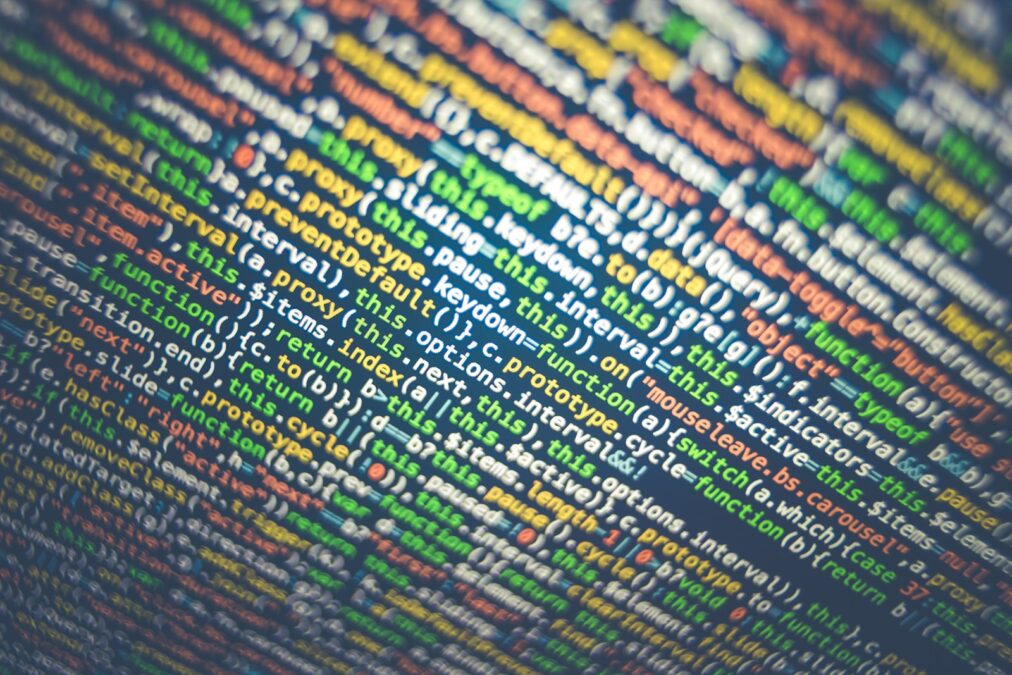Transforming Patient Care Through Advanced Data Analysis
Big Data in Healthcare is revolutionizing the way healthcare providers in cities like Dubai and Abu Dhabi predict, diagnose, and treat various health conditions. By leveraging vast amounts of data, the UAE is setting benchmarks in predictive healthcare analytics.
The Role of Big Data in Modern Healthcare
Big data analytics involves the examination of large datasets to uncover hidden patterns, correlations, and other insights. In the UAE, healthcare institutions use this technology to enhance disease forecasting and prevention strategies. By analyzing patient data collected from various sources, medical professionals can identify risk factors for diseases at an early stage, allowing for preventive measures or targeted treatments that can significantly improve patient outcomes. This proactive approach helps in managing healthcare costs and improving the efficiency of health services across the Emirates.
Improving Diagnostic Accuracy with AI and Big Data
Artificial Intelligence (AI) combined with big data is improving diagnostic accuracy in the UAE’s healthcare system. AI algorithms trained on vast amounts of medical data can detect nuances in patient records and imaging scans that might be overlooked by human eyes. For example, AI-driven tools are used in Dubai to analyze X-rays and MRI scans to detect conditions such as cancer at early stages. This technology not only speeds up the diagnostic process but also enhances the precision of diagnoses, leading to better patient care.
Blockchain for Secure Patient Data Management
Ensuring the security of patient data is a top priority in the UAE’s healthcare data strategy. Blockchain technology is employed to create secure, immutable records of patient data. This setup prevents unauthorized access and data breaches, which are critical concerns when dealing with sensitive medical information. Blockchain’s transparent yet secure nature allows for safe, seamless sharing of patient data among healthcare providers, ensuring that each physician has access to accurate and up-to-date patient information, thereby improving the overall quality of care.
Enhancing Healthcare with Predictive Analytics
Predictive analytics in healthcare helps in anticipating outbreaks, predicting patient inflow, and managing hospital resources efficiently. By analyzing trends and patterns from historical and real-time data, hospitals in the UAE can optimize their operations to handle fluctuations in patient numbers, which is particularly useful during seasonal epidemics or unexpected health crises. Predictive models also assist in resource allocation, ensuring that the right amount of medical supplies and personnel are available when needed.
Training Healthcare Professionals Using Big Data Insights
The insights gained from big data analytics are also used to train healthcare professionals in the UAE. By understanding patient care trends and treatment outcomes, medical staff can be better prepared to handle similar cases in the future. Training programs tailored based on analytics results help in developing skilled healthcare professionals who can deliver high-quality care efficiently.
Optimizing Treatment Plans with Machine Learning
Machine learning techniques are enhancing the capability of big data analytics in the UAE’s healthcare sector by optimizing treatment plans. These algorithms analyze past treatment outcomes and ongoing case studies to suggest the most effective treatment protocols for new patients. This bespoke approach not only improves the success rates of treatments but also personalizes healthcare to meet individual patient needs, ensuring that each patient receives the most appropriate treatment based on their unique health profile.
Utilizing Data Visualization for Better Health Outcomes
Data visualization tools play a pivotal role in the UAE healthcare system by making complex datasets comprehensible and actionable for healthcare providers. Interactive dashboards display real-time data on patient health, hospital operations, and resource management in an easy-to-understand format. This immediate insight into health metrics allows medical staff to make informed decisions quickly, enhancing the responsiveness of healthcare services and potentially saving more lives in critical care situations.
Strengthening Epidemiological Research with Big Data
Big data is proving instrumental in strengthening epidemiological research in the UAE. By aggregating and analyzing diverse health data from various demographics, researchers can identify patterns and causes of diseases more accurately and rapidly. This research not only contributes to better disease prevention strategies but also enhances the UAE’s capability to respond to health emergencies and epidemics. Such advanced data-driven research methods position the UAE as a leader in global health innovation and public health management.
Future Prospects: AI and IoT in UAE Healthcare
Looking forward, the integration of AI and the Internet of Things (IoT) promises to further enhance the capabilities of big data in UAE healthcare. IoT devices that monitor patient vitals and environments in real time provide a continuous stream of data that can be analyzed to improve patient monitoring, reduce the incidence of medical errors, and lead to more personalized patient care plans. The future of healthcare in the UAE looks poised to become more responsive, personalized, and data-driven, setting a global standard for others to follow.
#BigDataHealthcare, #PredictiveAnalytics, #UAEHealthcare, #AIinHealthcare, #BlockchainSecurity, #MedicalTechnology, #Dubai, #AbuDhabi









